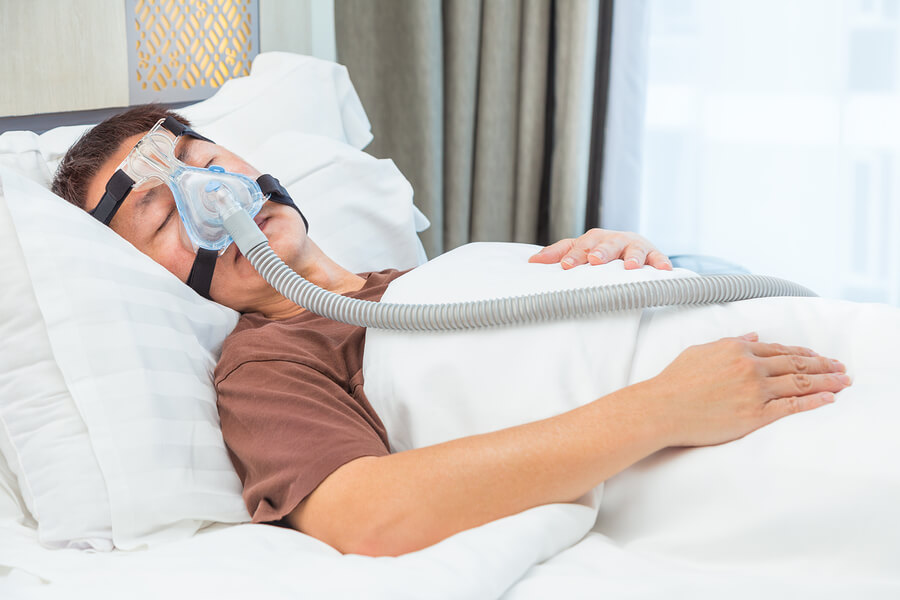It’s easy to think of sleep apnea as “just” a sleep-related problem, but the truth is it’s much more serious than that. In addition to being associated with higher rates of diabetes, rheumatoid arthritis, and stroke, obstructive sleep apnea (OSA) is also linked to problems with heart health. People with OSA increase their risk of coronary heart disease by 30% and heart failure by 140%. By addressing sleep apnea and focusing on restorative sleep, people with OSA can reduce their chances of heart disease.
How Does Sleep Quality Affect Heart Health?
Poor sleep can affect the heart in a number of ways. For one, poor sleep is associated with higher blood pressure, which itself is a predictor of heart disease. People who sleep less are more likely to have higher levels of C-reactive protein, which is correlated to a greater risk of heart attacks. Finally, lower levels of sleep are linked to atherosclerosis, when plaque builds up in the arteries, which, again, increases the chances of a heart attack.
Treating OSA for a Better Night’s Sleep
Obstructive sleep apnea is a condition where the breath is interrupted repeatedly during sleep, for several seconds or even minutes at a time. The result is a reduction of oxygen taken in by the body and broken sleep.
Treating OSA is vital for achieving a restful, healthful night’s sleep and consequently keeping the heart healthier. A common treatment option is the prescription of a continuous positive airway pressure (CPAP) machine, but many people don’t like wearing a mask or being hooked up to a machine at night and quickly give up. Plus, a CPAP is effective at maintaining breathing during sleep, but it doesn’t address the underlying cause of the apnea.
In our practices, we first look for the cause of the obstruction, which can be related to the nasal airway, soft palate, tongue, or oropharyngeal walls (i.e., upper part of the throat). Then we treat the OSA by opening up the airway through the use of oral appliances. This solution is ideal for our patients, who prefer not to use a CPAP.
Do You Have OSA?
If you think you have obstructive sleep apnea, schedule a sleep study so you can get a proper diagnosis. Then you can look for treatment options that are right for you. Remember that by treating your OSA, you’re not just improving your quality of sleep, but your heart health, too.
